Cruising (1980) Watch Online
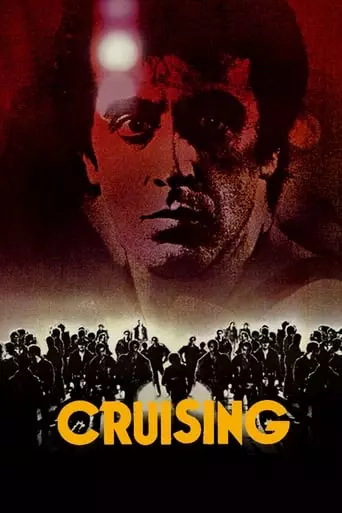
Cruising (1980) Watch Online
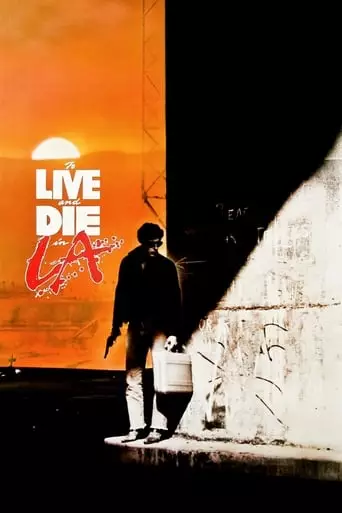
To Live and Die in L.A. (1985) Watch Online
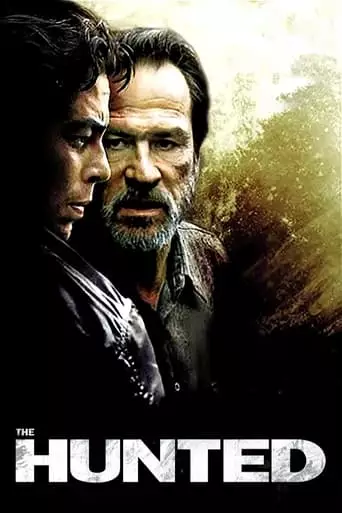
The Hunted (2003) Watch Online
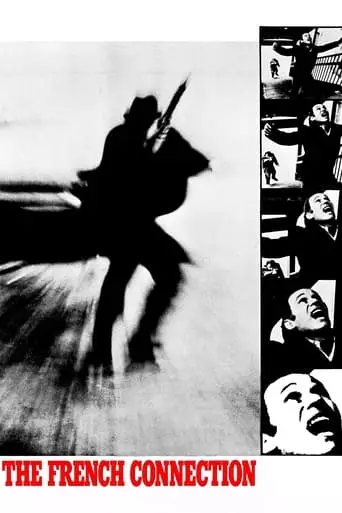
The French Connection (1971) Watch Online
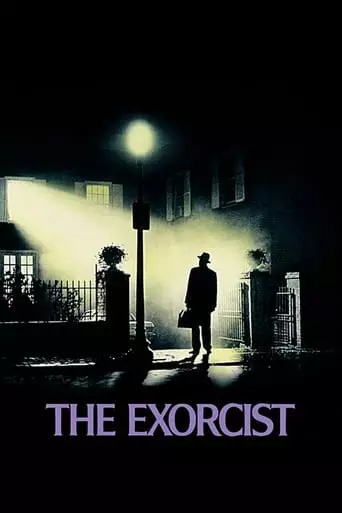
The Exorcist (1973) Watch Online
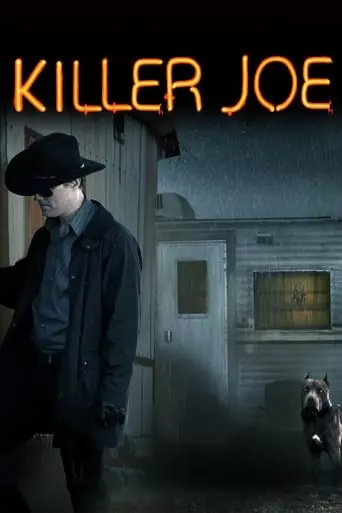
Killer Joe (2011) Watch Online